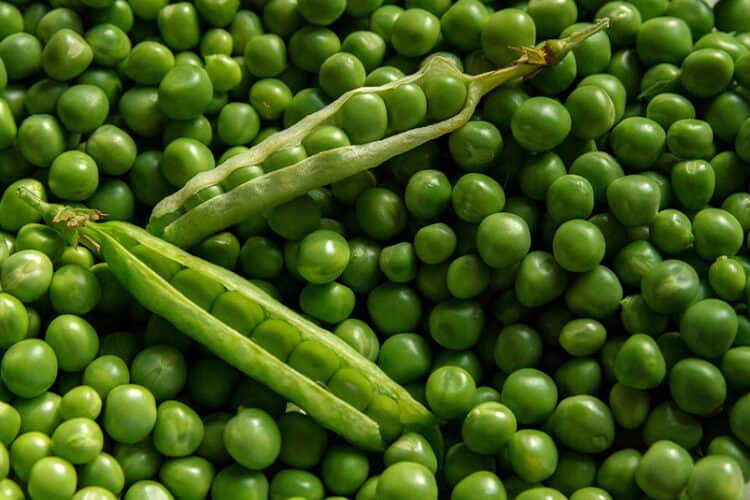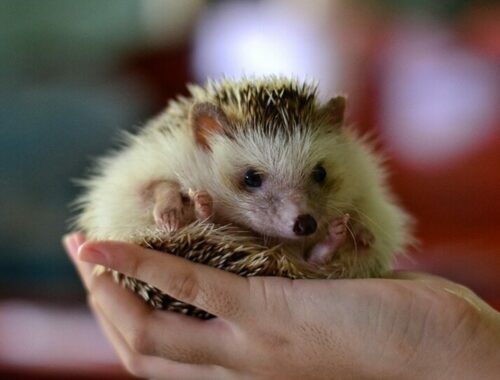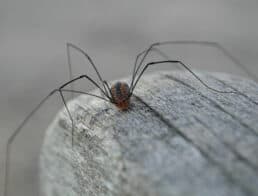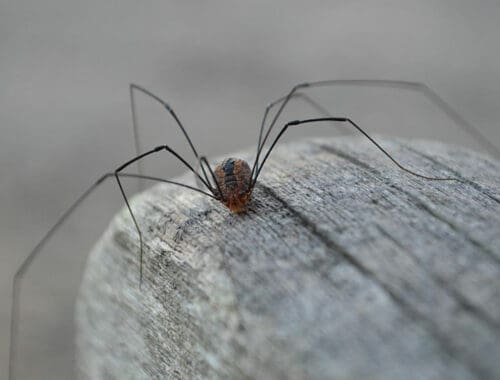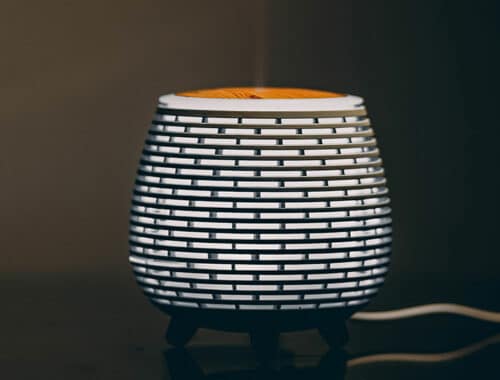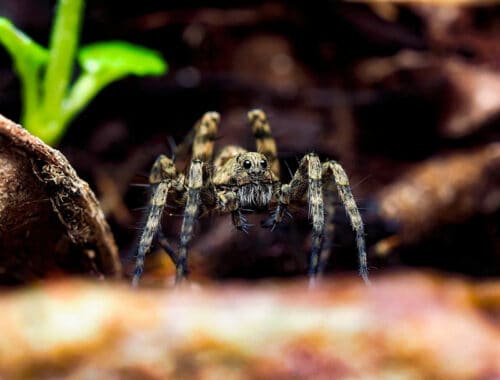Peas are a familiar and favorite vegetable in many households. If your dog looks at you with literal puppy-dog eyes for a few of your peas, you might find yourself wondering if they are safe for dogs.
Fresh peas are healthy snacks for dogs, but there are a few warnings that come with peas. Here, we discuss the best ways to give peas to your dog and what you should avoid so you can feel more confident in your approach to feeding your dog.
How Are Peas Bad for Dogs?
Peas are mostly good for dogs and are commonly used in the manufacturing of dog food. But there are a few things that you should be aware of.
Canned Peas
Under no circumstances should you feed your dog canned peas. Many brands of canned peas tend to contain an excess of sodium, which can be quite bad for your dog. Too much salt can potentially lead to salt poisoning. Symptoms of salt poisoning include:
- Vomiting
- Diarrhea
- Lethargy
- Lack of coordination
- Decreased appetite
- Excessive urination and thirst
- Seizures
- Tremors
- Coma
It does take a fair amount of salt for salt poisoning to be fatal, but it’s still something that you should avoid.
There are also a fair number of preservatives and chemicals that are used in canned food that won’t do your dog any favors, so it’s best to stick with fresh peas.
Pea Pods
As tasty as fresh pea pods can taste, they can potentially be a choking hazard for dogs. This is especially true with small breeds, but it’s best not to take the risk regardless of what size your dog is.
The pods are fibrous and require a great deal of chewing to break them down, and dogs aren’t known to be the most meticulous chewers. It’s safest to stick with the peas and eat the pods yourself.
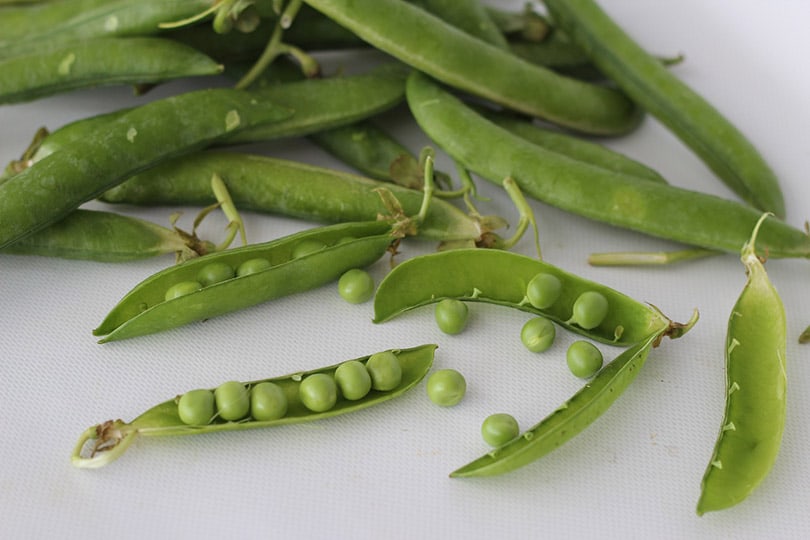
Kidney Problems
If your dog has any kidney problems, you shouldn’t give them any peas. They contain a naturally occurring chemical called purine, which is found in other drinks and food.
Purines produce uric acid, which is then filtered through the kidneys. If there’s too much uric acid, it can turn into kidney stones and other kidney issues. If your dog has healthy kidneys, though, peas won’t be a problem.
Heart Disease
It should be noted that beyond canned peas, choking, and kidney stone hazards, there was a study in August 2021 that found a correlation between peas found in dog food and heart disease.
Most of the dog foods studied were grain free and had high portions of lentils, peas, and other legumes. These studies are still ongoing, so you should speak to your vet about your concerns if you’re considering taking legumes out of your dog’s diet. The evidence isn’t conclusive yet.
How Are Peas Good for Dogs?
Here are a few good things about peas. They are full of vitamins and minerals like vitamins A, B, C, and K, as well as zinc, iron, magnesium, potassium, and manganese.
These nutrients help the immune system, digestion, heart health, vision, nerves, and the skin. Peas are also full of fiber and protein, are low in calories, and are full of antioxidants. It’s no wonder that peas are commonly used in manufactured dog food!

What’s the Best Way to Give Your Dog Peas?
Only fresh peas should be given to your dog. Whether they’re from your garden or the market, as long as they are not in a can and have been shelled, they will make tasty treats for your dog.
You can use a small handful of peas as a topper on your dog’s regular food. They can be raw, steamed, or thawed frozen peas. You can also just give them to your pup one at a time as treats.
Conclusion
Peas are a healthy and tasty treat as long as you don’t use canned peas and your dog has healthy kidneys. While there isn’t a limit to how many peas you can give your dog at one time, too many peas could cause stomach upset.
If you’re concerned about the potential heart disease problem, speak to your vet. Excellent vets stay on top of research like this and will be able to guide you to the best food and treats for your dog. You obviously want your dog to remain happy and healthy for as long as possible!
Featured Image Credit: Pixabay
